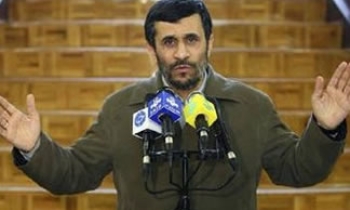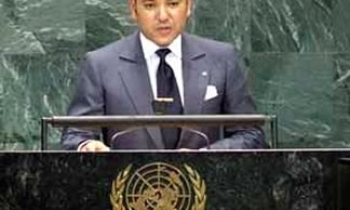If information and Broadcasting Minister Jaipal Reddy has his way, television censorship will pass into the hands of an independent Broadcast Regulatory Authority of India, minimising the Union Government’s role in scanning content. But any such regulation will come only after the programme has been beamed, as the Ministry does not believe in pre-broadcast censorship.
That will mean the panel comprising specialists will have to sift through 15,070 hours of feature films and 20,881 hours of news – the time television audience measurement agency TAM had to spend last year on a daily basis, surfing 105 channels beaming into the country.
That the authority, quasi-judicial in nature, will also be looking at news content, will only make the job tougher. Since programmes are not censored, views on whether they are decent or not will be made public only after they have been broadcast.
No Indian film can be exhibited by channels without certification from the Censor Board of Certification. Foreign films are aired after certification from the countries the channels uplink from. Most movie channels uplink from either Singapore or Hong Kong. It is for reasons of exercising control over foreign channels that the Information and Broadcasting Ministry is working towards its downlinking policy that will require channels beaming into the country to conform to the programme and advertising code of the country.
While the originally proposed Broadcast Bill envisaged a role for members from both houses of Parliament, it is not clear whether the Broadcast Regulatory Authority Bill has any role cut out for them.









